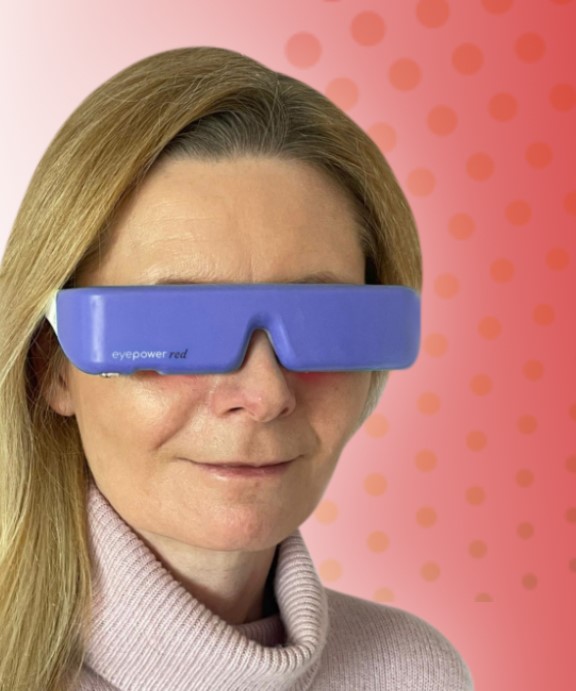What is Macular Degeneration?
- Age-related macular degeneration (AMD) is a common condition that affects your central vision. It usually first affects people in their 50s and 60s.
- It does not cause total blindness. But it can make everyday activities like reading and recognising faces very difficult.
- It is a progressive condition. This can happen gradually over several years (“dry AMD”), or quickly over a few weeks or months (“wet AMD”).
The exact cause is unknown. It’s been linked to smoking, high blood pressure, being overweight and having a family history of AMD
How Can I Slow Down Progression of Age Related Macular Degeneration (AMD)?
- The main modifiable risk factor for developing late AMD is smoking, so if you smoke, try to stop.
- Eating colourful fruit and vegetables (for example, kale, spinach, peppers, carrots and broccoli) may reduce your risk of developing AMD.
- Prolonged exposure to ultraviolet light (UV) may be linked to AMD so we recommend that you wear sunglasses, contact lenses or glasses that absorb UV when you are going to be outside for long periods. Most high index lens materials do this, and you can tell if sunglasses absorb UV by looking for the British Standard kitemark, or the CE mark, which is the manufacturer’s assurance that the sunglasses comply with the relevant safety standards.
- Other major modifiable risk factors that have been associated with late
AMD include being overweight or obese, having high blood pressure, or having a diet high in fat. You should therefore try to maintain a healthy weight and keep your blood pressure under control.
Should I take dietary supplements to protect myself from AMD?
There are lots of dietary supplements on the market which claim to be beneficial for eye health. One large trial in the USA showed that people with AMD may experience some delay in progression of the condition if they take certain nutritional supplements, but there are other studies that show they make little difference.
If you wish to take nutritional supplements for AMD discuss with your optometrist whether or not they may be helpful for you. It is important to check that the ingredients are suitable for you. (Some supplements include Beta-carotene which is not suitable for anyone who ever smoked).
New Research on the effect of RED LIGHT on the retina:
Have you heard of Photobiomodulation? This is how deep red light works, by recharging the tiny batteries in cells. These batteries are called mitochondria and play a key role in regulating the ageing process.
Professor Glen Jeffery in The University College of London has been conducting research on this particular topic for several years. According to his most recent research he suggests that exposing the macula to red light for just 3 minutes, once or twice a week in the morning could help to slow down progression of macular degeneration.
How can I access red light at home easily?
Click this link to order your own easy to use rechargeable device:
You can find out more about Prof Glen Jeffery’s research here
Other recent research conducted by USA’s Lumithera has demonstrated an improvement in vision for some patients with moderate dry macular degeneration. You can view this research here

Learn more about Vision Therapy
If you choose to purchase your contact lenses from our practice, you may like to take advantage of our contact lens scheme, which offers a number of great benefits. Simply click here for more information

